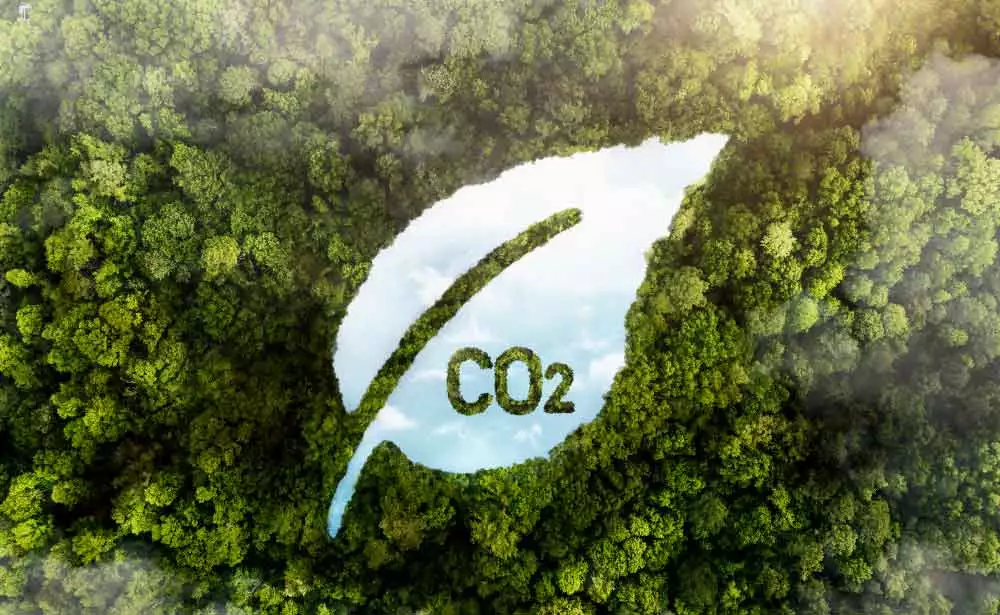Introduction
Sustainability has emerged as a critical global concept that addresses the urgent need to balance economic, social, and environmental concerns for the well-being of current and future generations. It encompasses responsible practices and strategies aimed at meeting present needs without compromising the ability of future generations to meet their own. As we face unprecedented environmental challenges and witness the consequences of unsustainable practices, understanding and embracing sustainability have become more crucial than ever.

The Three Pillars of Sustainability
Sustainability rests on three interconnected pillars: environmental, social, and economic. These pillars represent the holistic approach necessary to achieve a balanced and harmonious existence for humanity and the planet.
- Environmental Sustainability:
At the heart of environmental sustainability lies the protection and preservation of the natural world. This involves conserving biodiversity, ecosystems, and natural resources, as well as mitigating and adapting to climate change. Key initiatives include reducing greenhouse gas emissions, promoting renewable energy sources, and implementing sustainable land and water management practices.
- Social Sustainability:
Social sustainability centers on the well-being and equitable treatment of all individuals and communities. It emphasizes fair access to resources, education, healthcare, and opportunities for economic growth. Empowering marginalized populations and promoting social cohesion are integral aspects of social sustainability.
- Economic Sustainability:
Economic sustainability aims to foster economic growth and prosperity without compromising the availability of resources for future generations. This involves promoting responsible production and consumption, investing in sustainable technologies, and fostering circular economies that minimize waste and maximize resource efficiency.

The Importance of Sustainability
- Environmental Conservation:
Sustainability is crucial for preserving the Earth’s delicate ecosystems and ensuring a habitable planet for future generations. By adopting sustainable practices, we can halt the loss of biodiversity, protect vital ecosystems, and prevent irreversible damage to our environment.
- Climate Change Mitigation:
Addressing climate change is one of the most pressing challenges of our time. Sustainable actions, such as transitioning to renewable energy sources and reducing carbon emissions, are essential for curbing the impact of climate change and safeguarding the planet from its devastating consequences.
- Resource Preservation:
As the world’s population grows, the demand for finite resources increases. Embracing sustainability is vital for preserving essential resources like water, forests, and minerals, ensuring they remain available for future generations.
- Social Equity:
Sustainability promotes social justice by striving to create a world where everyone has equal access to opportunities, education, and resources. This fosters inclusive and diverse societies that value the rights and dignity of all individuals.
- Economic Stability:
Sustainable economic practices promote long-term stability by reducing volatility, minimizing waste, and ensuring a steady supply of resources. This creates a resilient economy that can withstand challenges and uncertainties.
- Corporate Responsibility:
Businesses play a significant role in sustainability efforts. Embracing sustainable practices can enhance a company’s reputation, attract socially conscious consumers, and foster employee satisfaction.
- Global Collaboration:
Sustainability is a global challenge that requires collective action. It encourages nations, organizations, and individuals to work together towards shared goals, fostering international cooperation and understanding.

Conclusion
Sustainability is more than just a buzzword; it is a fundamental necessity for securing the future of humanity and the planet. By embracing sustainable practices in all aspects of life, we can create a world that is environmentally sound, socially just, and economically prosperous. As individuals, communities, and nations, we must commit ourselves to sustainability, recognizing that our actions today will shape the world our descendants inherit. Together, we can forge a path towards a more sustainable and thriving future for all.
